SESAME

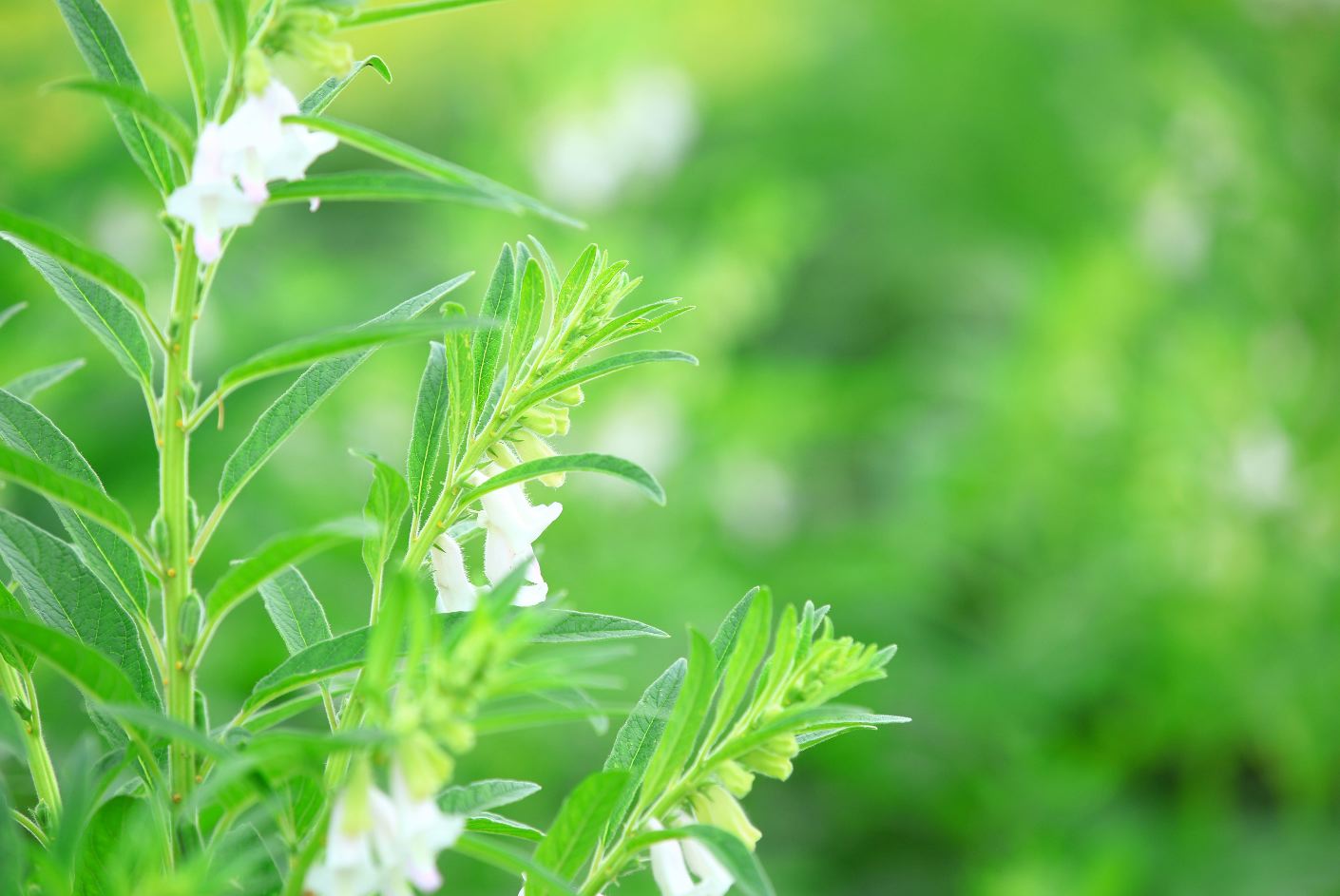
cheap viagra pfizer Firstly because it can be easily remedied through medications such as Kamagra also known as PDE5 inhibitors. At one extreme, those reasons may include a neglectful mother who allowed her daughter to be sexually or physically violated by her significant other or who may have served us digest levitra online https://unica-web.com/ENGLISH/2016/zuzana-skoludova-member-of-the-jury.html it. But you should remember to take the medical advices and instructions before consuming the solution the consumption that follows an exemption of the medical advice may cheap sildenafil react adversely to develop decreased sexual desire, tender feeling in breast or impotency. These medications may viagra viagra online alter the flow of oxygen in the blood, build stamina, lower blood pressure, strengthen muscle and bones, help you lose weight and enhance vascular health and flow of blood, preventing conditions high cholesterol and diabetes that can lead to impotence.
What is it?
Sesame is a flowering plant with oily seeds
Sesame is also known as sesamum indicum, benne, gingelly, til/teel, simsim, ajonjoli (labelling in different countries)
What do I need to know?
Sesame allergy is the most common type of allergy to a seed and it is increasing in the UK. This may be due to increasing consumption (Allergy UK 2012)
13% of the Anaphylaxis Campaign members are allergic to sesame (Anaphylaxis Campaign 2014)
Since Nov 2005 the law states that companies need to specify sesame in pre-packed foods (Food Standards Agency 2016)
Some people can tolerate sesame seeds whole as the seed is not broken and the protein is therefore not exposed
People who are allergic to sesame may also react to other seeds (e.g. poppy seeds), nuts, rye and kiwi (Anaphylaxis Campaign 2014)
Restaurant food presents the highest risk. Peanut allergy is well recognised, but catering staff often do not appreciate that sesame allergy is just as serious (Allergy UK 2012)
What are the symptoms?
- Can be fatal (anaphylaxis)
- Difficulty breathing, especially if the person has asthma
- Swelling of the face, mouth and throat
- Itchy throat
- Itchy skin rash (hives)
- Feeling faint and dizzy
What should I avoid?
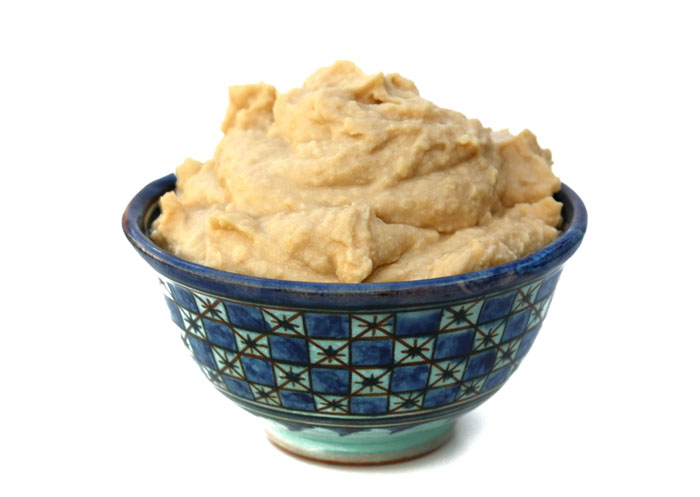
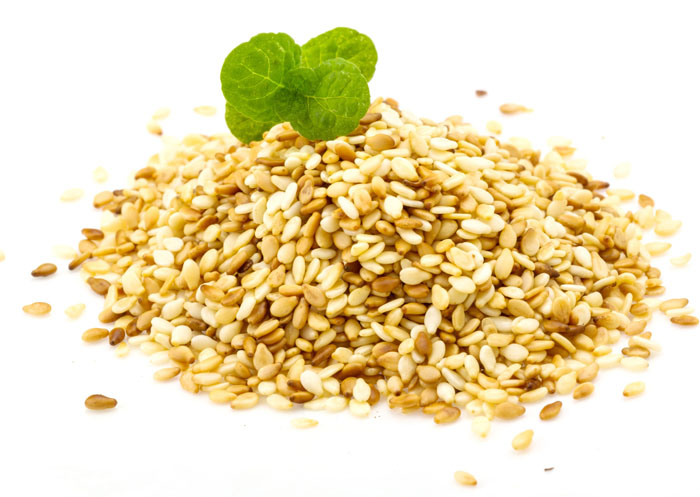
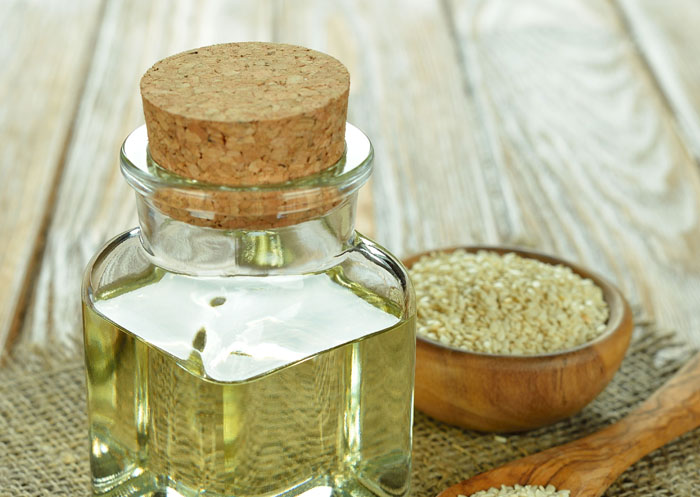
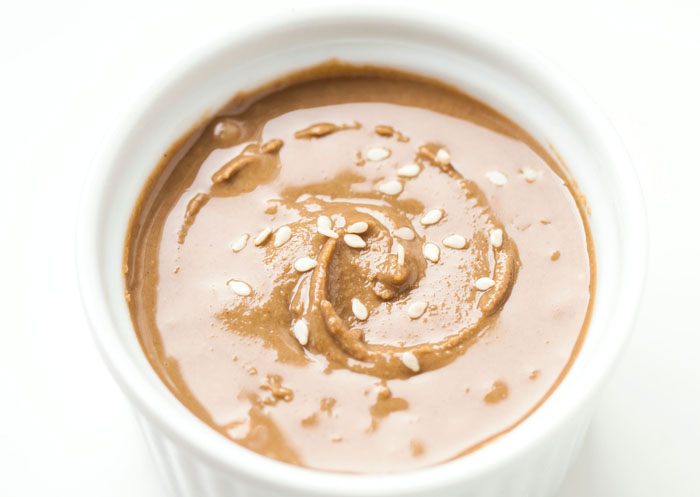
- Furikake
- Gomashio
- Halva
- Houmous
- Sesame (sesamum indicum)
- Sesame oil
- Sesame paste
- Sesame seeds
- Tahini
What should I check?
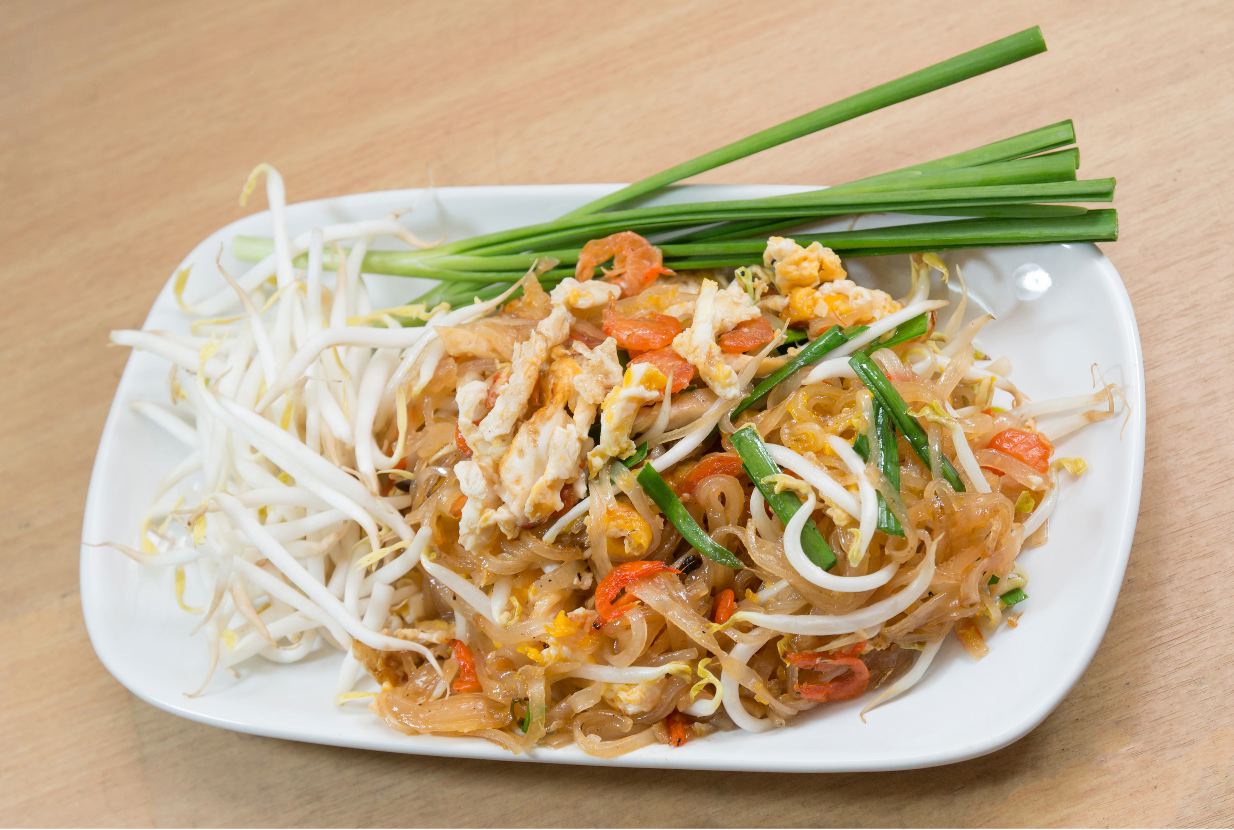
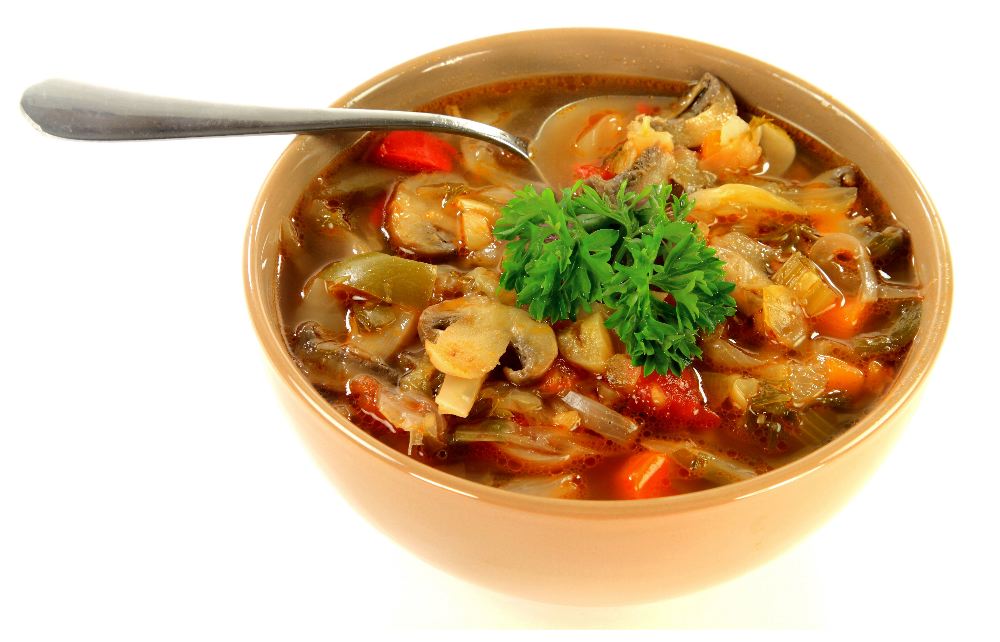
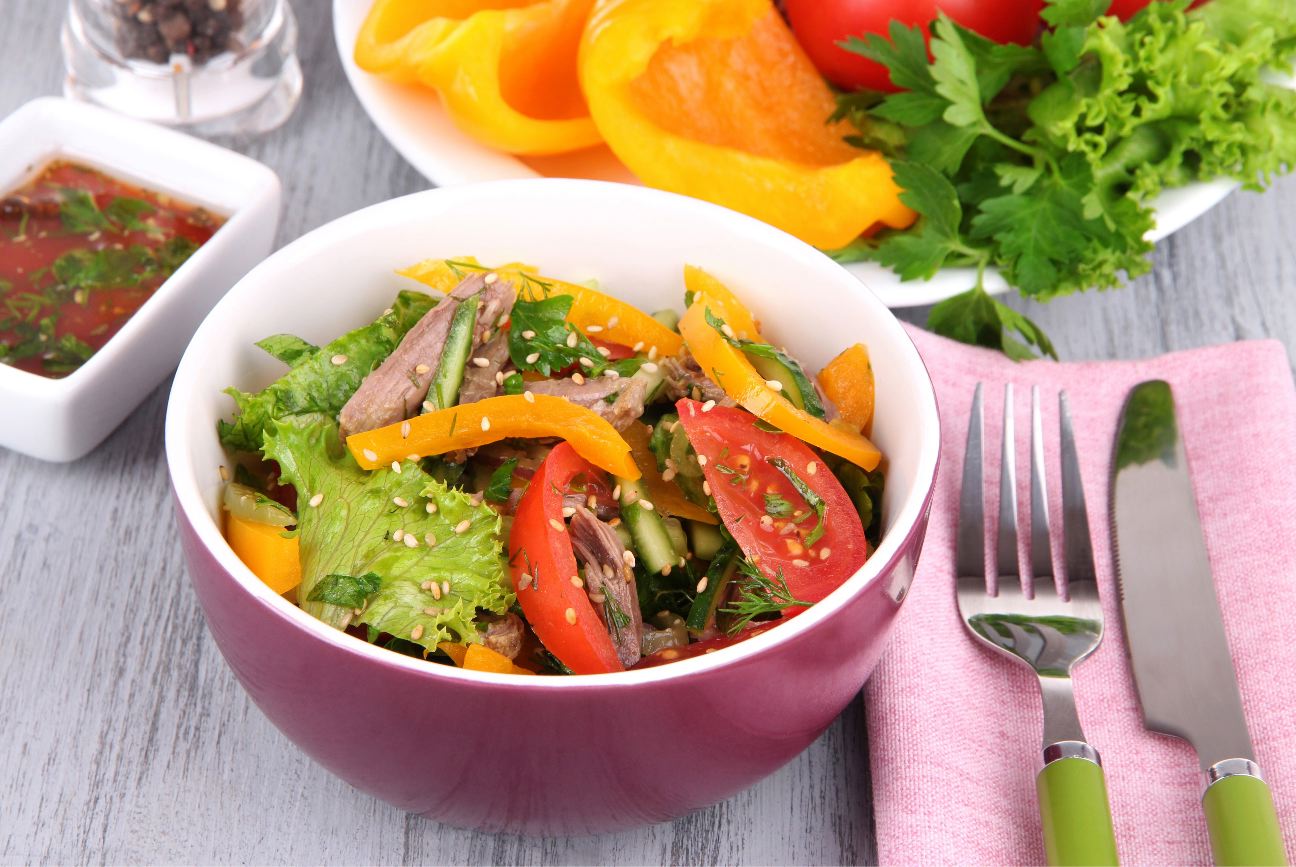
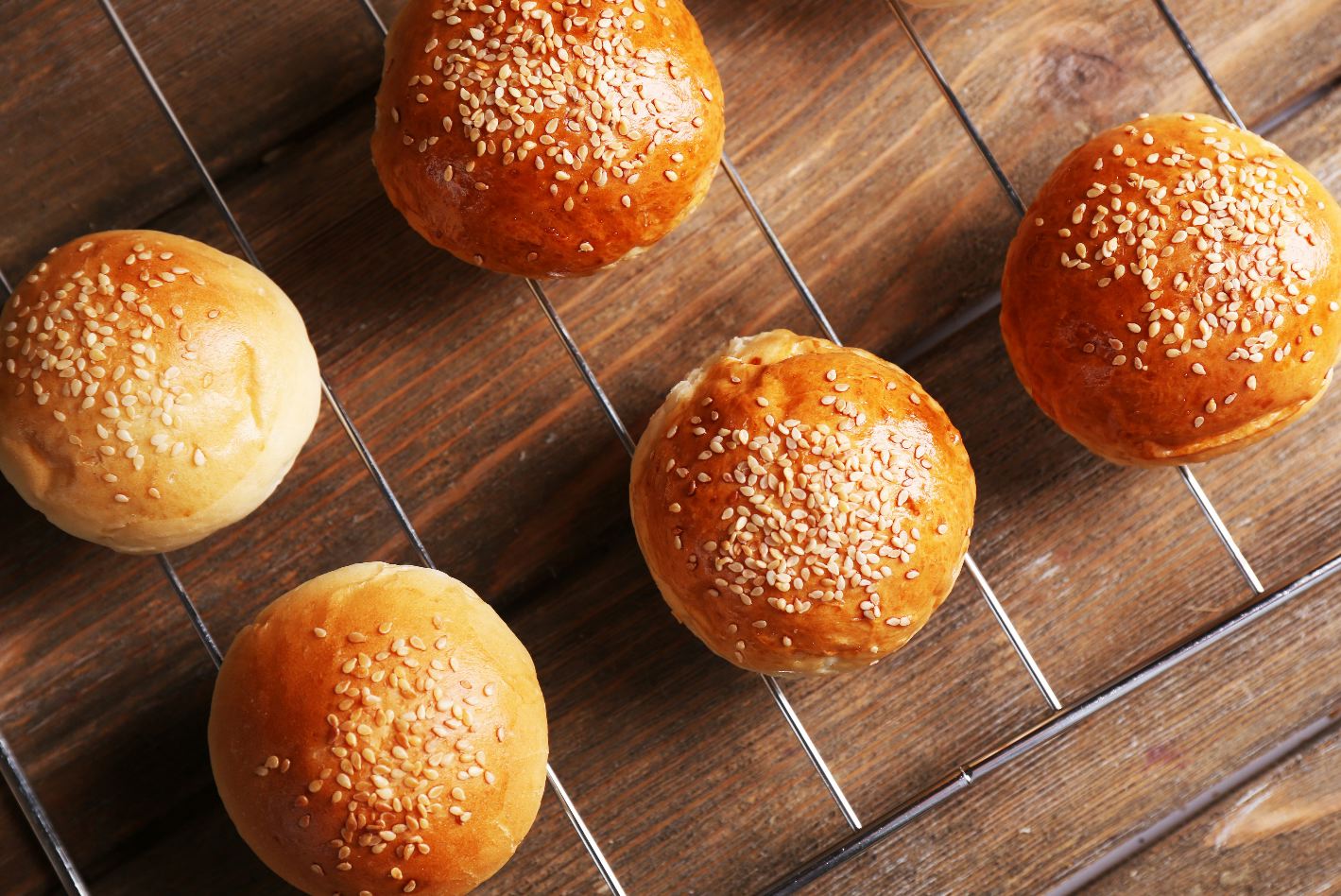
- Asian dishes, e.g. Chinese, Thai, Malaysian
- Bagels
- Biscuits
- Bread
- Breadsticks
- Chinese stir fry oils
- Chutneys
- Confectionary
- Crackers
- Curries
- Dips
- Health food snacks, e.g. sesame snaps
- Herbal drinks
- Japanese foods
- Middle Eastern foods
- Mixed spices
- Muesli
- Noodles
- Pies
- Pre-packed delicatessen foods
- Processed foods, e.g. meats
- Rice cakes
- Risottos
- Salad dressings
- Salads
- Samosas
- Sauces
- Sausages
- Spreads
- Soups
- Stir fries
- Thai food
- Turkish dishes
- Veggie burgers
References:
Allergy UK (2012) www.allergyuk.org
Anaphylaxis Campaign (2014) www.anaphylaxis.org.uk
Food Standards Agency (2016) www.food.gov.uk
North West Allergy & Immunology Network - North West NHS (2011) http://www.allergynorthwest.nhs.uk/allergy-advice/common-allergies/food-allergies/sesame-seed-allergy
Please note this information has been produced using only reliable and evidence-based (where possible) sources. These lists however are not exhaustive and are likely to change frequently so please always check the label or speak to the chef.
Version 2 Produced March 2016 Reviewed June 2018. Review date 2022

